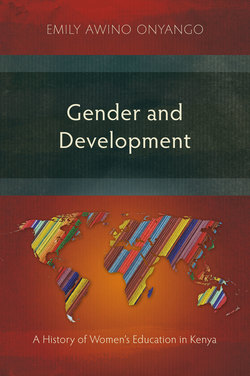Описание книги
For a long time African history has been dominated by western perspectives through predominantly male accounts of colonial governments and missionaries. In contrast, Dr Emily Onyango provides an African history of mission, education development and women’s roles in Kenya. Based on archival research and interviews of primary sources this book explores the relationship of these areas of history with each other, focusing on the Luo culture and the period of 1895 to 2000.
With the pre-colonial African context as the foundation for understanding and writing history, Dr Onyango uses gender to analyze the role of Christian missionaries in the development of women’s education and their position in Kenyan society. The result of this well-researched study is not only a challenge to the traditional understanding of history, but also a counternarrative to the common view that to be liberated African women must disregard Christianity. Rather she looks at the importance Christianity plays in helping women establish themselves economically, politically and socially, in Kenyan society. This research is a vital contribution to women’s history and the history of Christianity in Africa.
With the pre-colonial African context as the foundation for understanding and writing history, Dr Onyango uses gender to analyze the role of Christian missionaries in the development of women’s education and their position in Kenyan society. The result of this well-researched study is not only a challenge to the traditional understanding of history, but also a counternarrative to the common view that to be liberated African women must disregard Christianity. Rather she looks at the importance Christianity plays in helping women establish themselves economically, politically and socially, in Kenyan society. This research is a vital contribution to women’s history and the history of Christianity in Africa.
